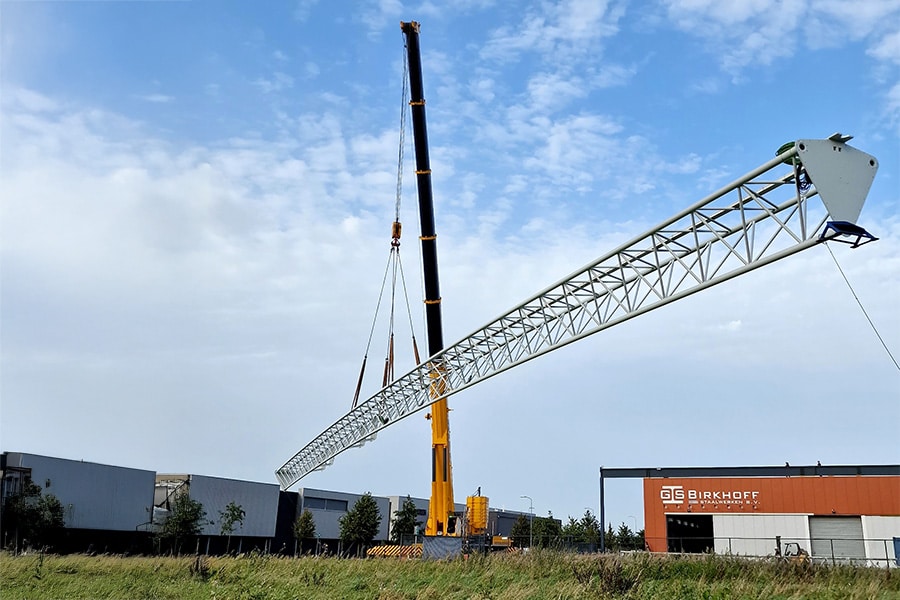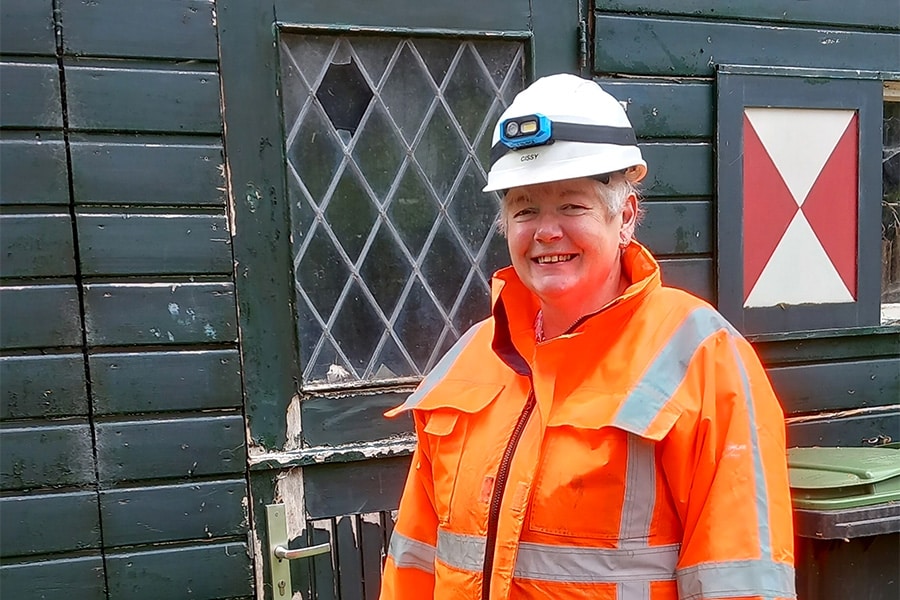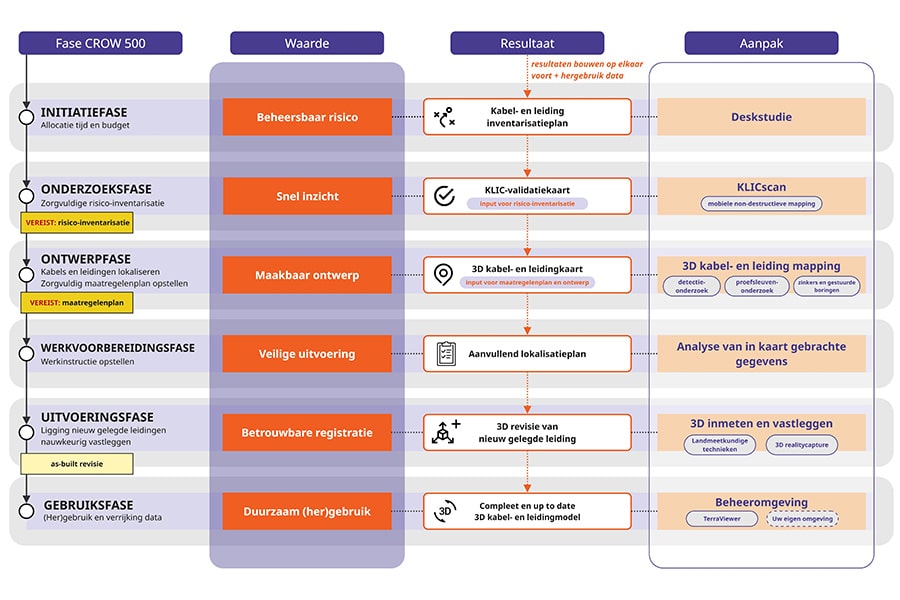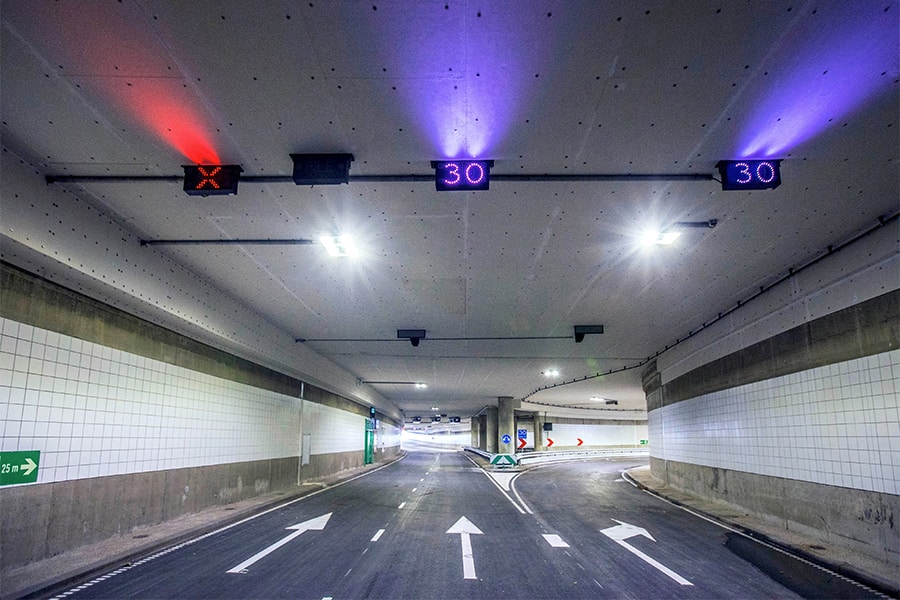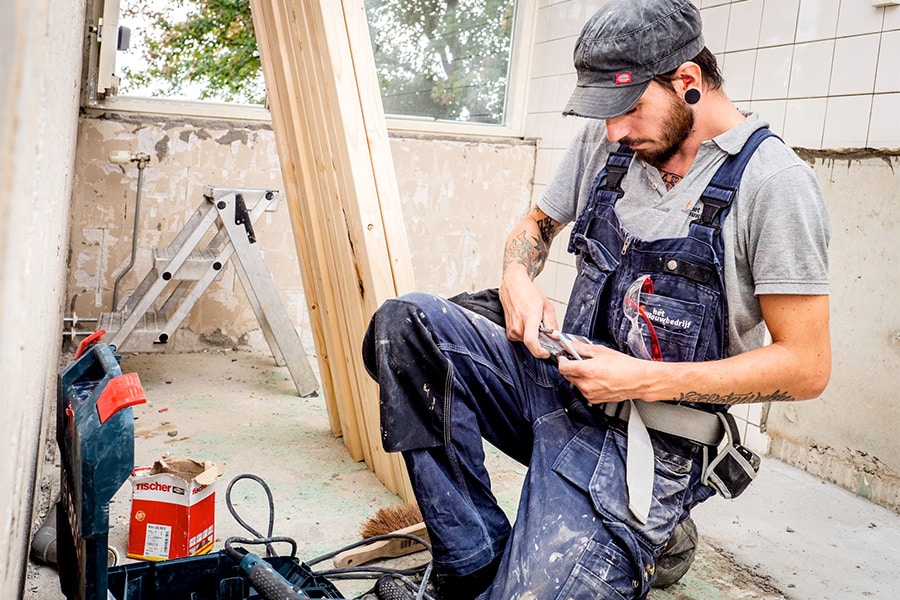
Standing at the shovel is not fitness
"Our work is only top sport," you often hear when lifting heavy equipment. It is true that people with practical jobs, like top athletes, depend on their bodies to do their work. But that is where the similarity between top athletes and construction workers ends. To stay fit, you have to pick up the gauntlet and take action yourself.
Professional football players often put away their soccer boots forever when they are in their early thirties. In teams, thirty-somethings are quickly called "grandfather" even though they still have a whole life ahead of them. The main reason why athletes retire early is that high-level sports are extremely demanding on their bodies. In that respect, you can compare working in the construction and infrastructure sector with top-class sport: that work is also hard on your body.
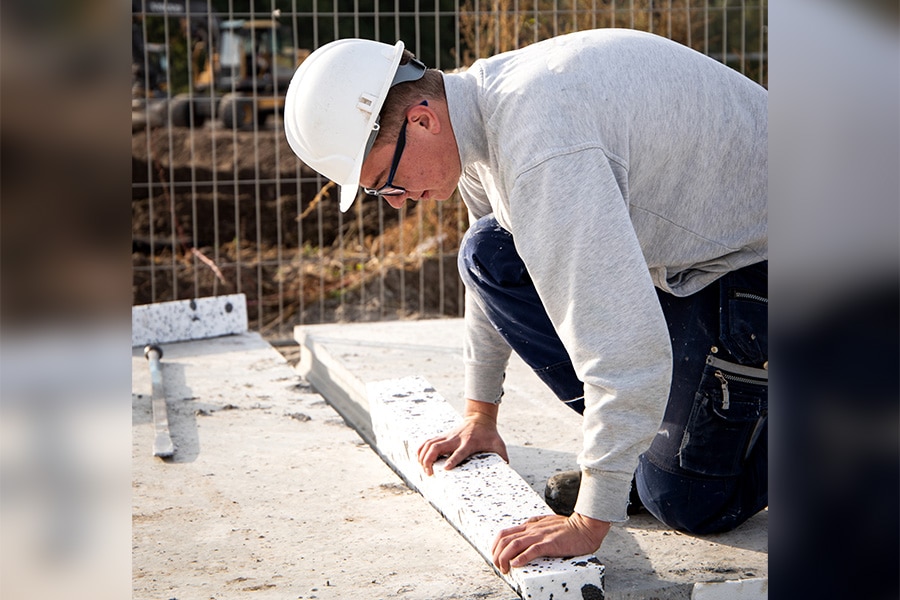
Exercise at work
Professional football players take good care of their bodies during their professional careers, while people with practical jobs often do not do so as well. "During the PAGO (medical examination) I regularly hear professionals say, 'I don't need to exercise, because I already move all day at work.' Unfortunately, that fly does not hold true," says Jack van der Gragt, occupational physician at Volandis. "Daily exercise is good, but not obviously good if it is part of a heavy job. Staying fit is important for your work, and also for safety."
Young people just starting work often do not yet experience much physical discomfort, so will be less concerned with physical strain than their older peers. They also often do not yet properly assess the risks of heavy work. Still, prevention is better than cure. That's why awareness is important, in Jack's experience. "In our sector, people are more overweight and smoke more than average. In addition to health problems, this can also pose safety risks. Think diabetes, but also sleep apnea." With a healthy body, you can prevent risks.
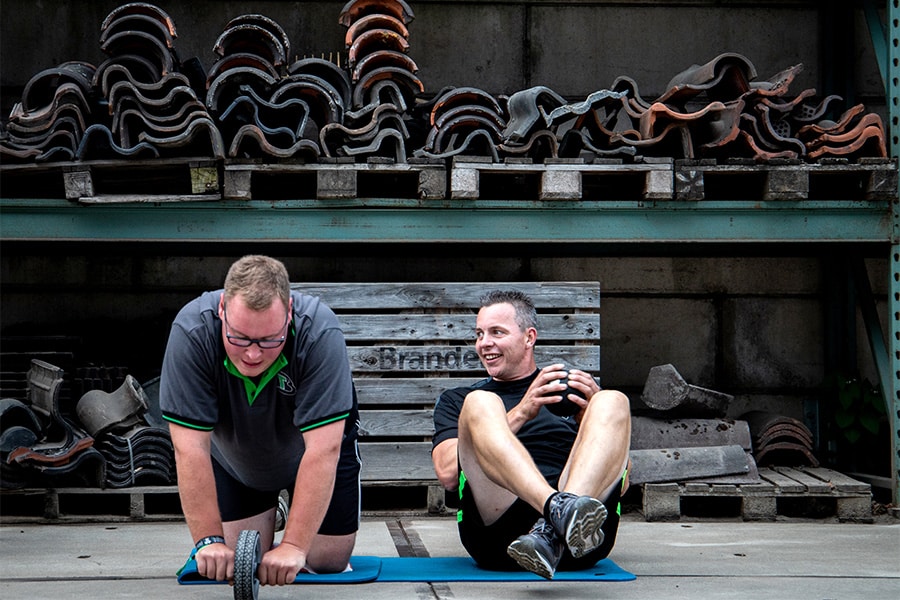
Come out of the easy chair
International research by the Amsterdam UMC, in which 200,000 employees from 13 countries participated, shows that exercising while working does not guarantee a fit body. To retire healthy, you have to take up the gauntlet yourself. Practice shows that that glove often remains in the closet after working hours. "It turns out that people in construction & infra are more likely to sit on the couch after work than office workers," Jack believes.
In addition, these professionals do little sport. A general trend in the Netherlands is also that participation in competition decreases at older ages. While intensive exercise is a good way to build up fitness. That you get better stamina from moving around a lot in the construction industry is a myth, according to Jack. "Your fitness hardly improves from physically demanding work. The big difference between sports and physical work is the so-called 'recovery time.' When you exercise, you can take a break at your own time to recover. In work that is not always possible, and that can lead to overexertion and medical complaints and limitations. For example, a herniated disc in the low back."
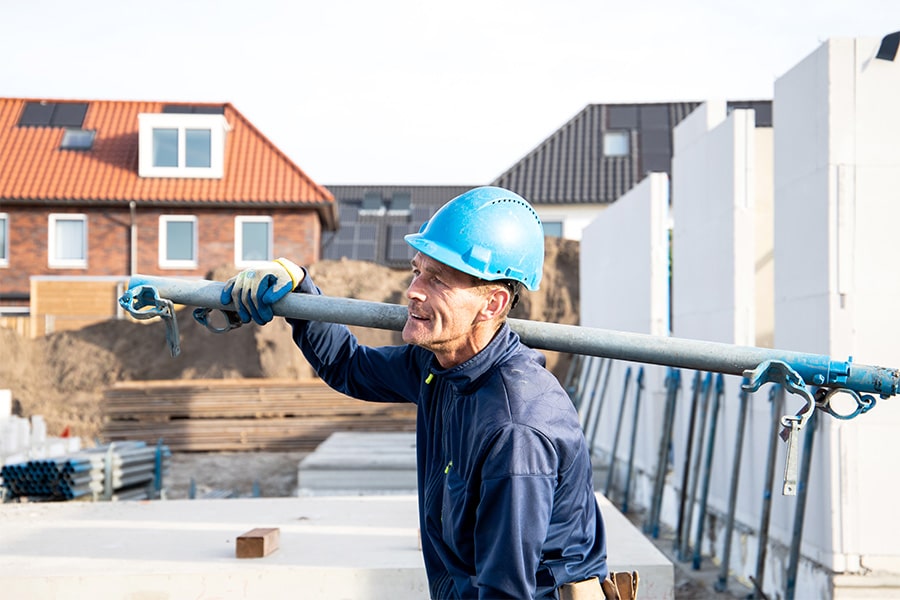
Also, the work is often repetitive, explosive or must be done in uncomfortable positions. Therefore, it is important to look ahead at an early age and promote continued work on a healthy body. Not only for increased job satisfaction, but also for a safer work environment. This not only benefits you yourself, but also your colleagues. "A first step is to see if you can change the strain in your work by using different materials or tools. Or taking a critical look at task rotation."
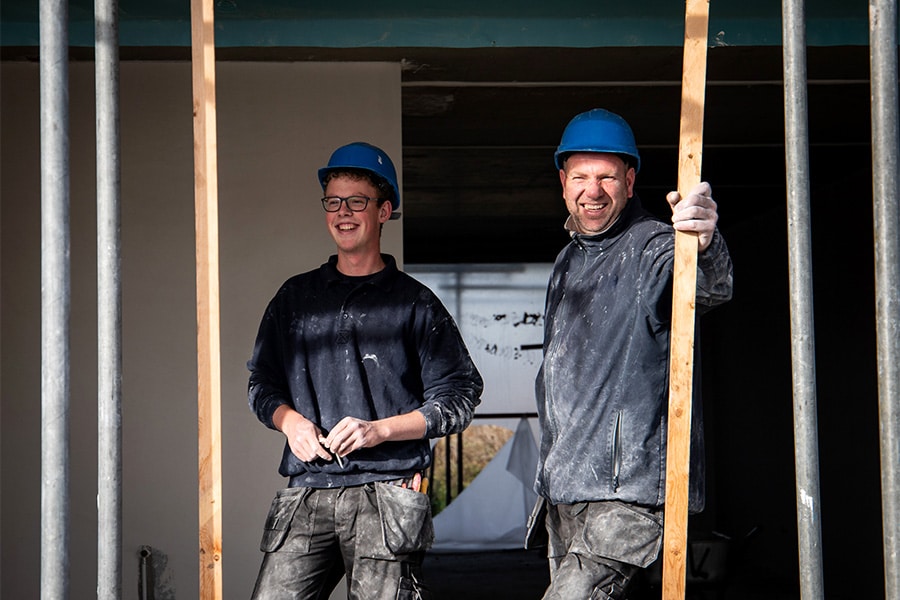
Take the first step yourself
"What you can also influence well is your own fitness," Jack continues. "You can get your own load capacity or fitness under control by exercising regularly. If you find that difficult, you can exercise under supervision. Choose a sport you enjoy or exercise in groups; then you are more likely to stick with it." Jack's research also shows that the people who consider themselves capable of performing the job for the next few years exercise intensively twice a week. Another option is to take advantage of the Individualized Prevention Care package, which is run by Volandis.
Individualized Prevention Care is arranged so that employers have little to worry about. For example, you can receive free counseling if you want to work on your lifestyle. By keeping a finger on the pulse, employees do not need to keep walking around with symptoms and can actively work on a solution. So you stay vital and motivated at work and learn to think about your own sustainable employability. Central to the collective bargaining package is the Sustainable Employability Analysis (DIA). In addition, other examinations/examinations are also part of the collective agreement package of prevention care. So take control early on and think like a top athlete. After all, your body is your most important tool!
